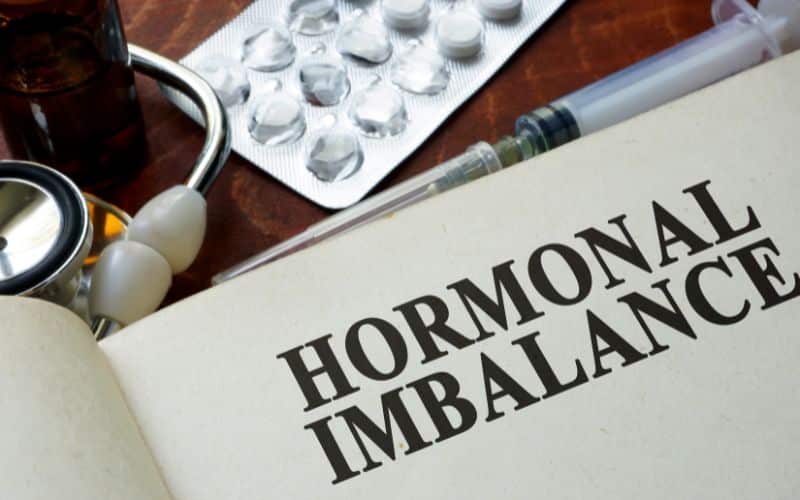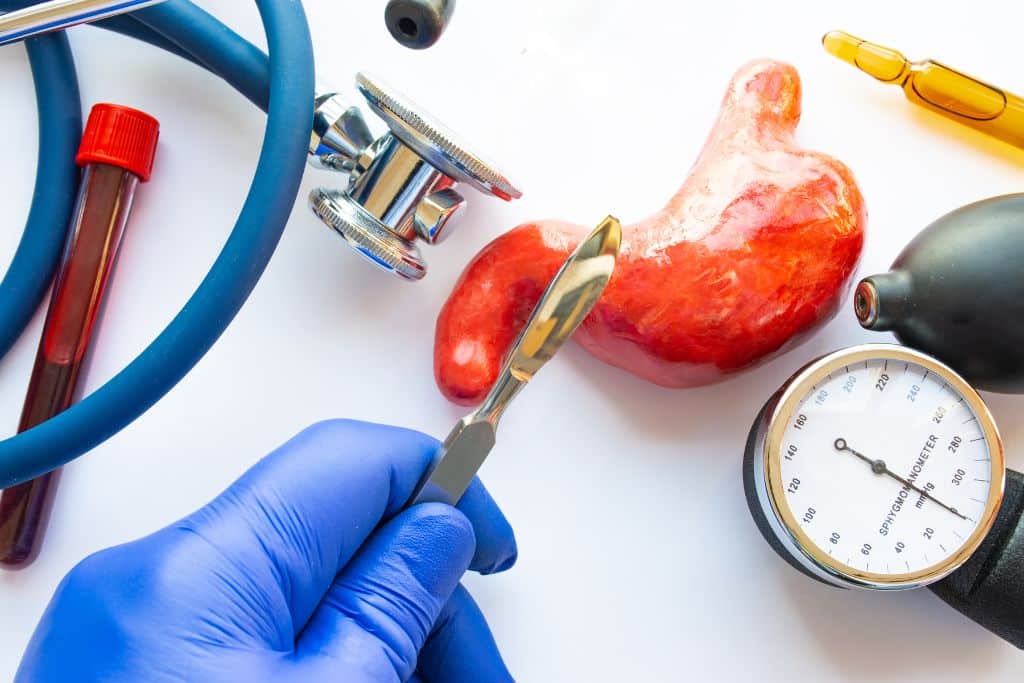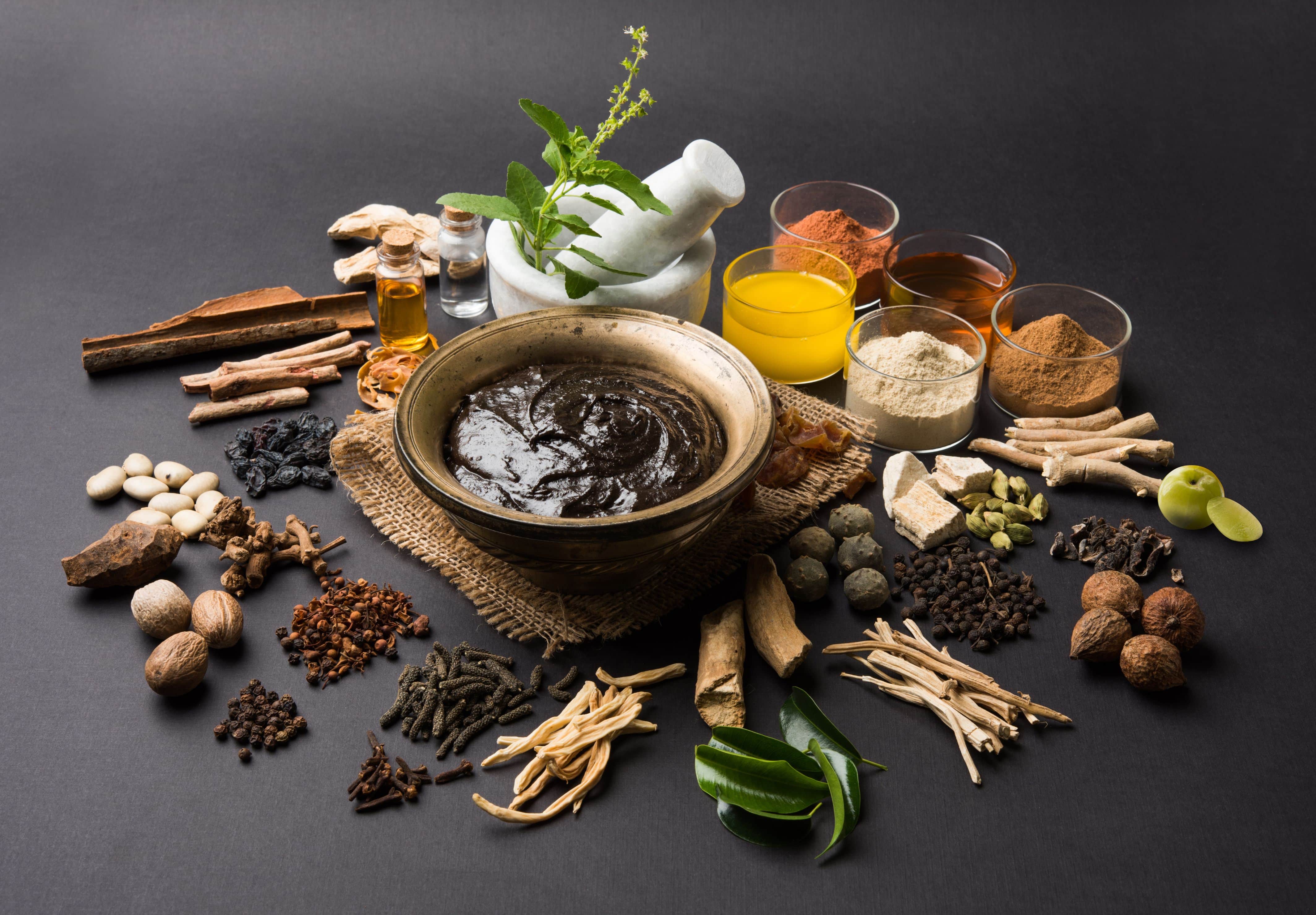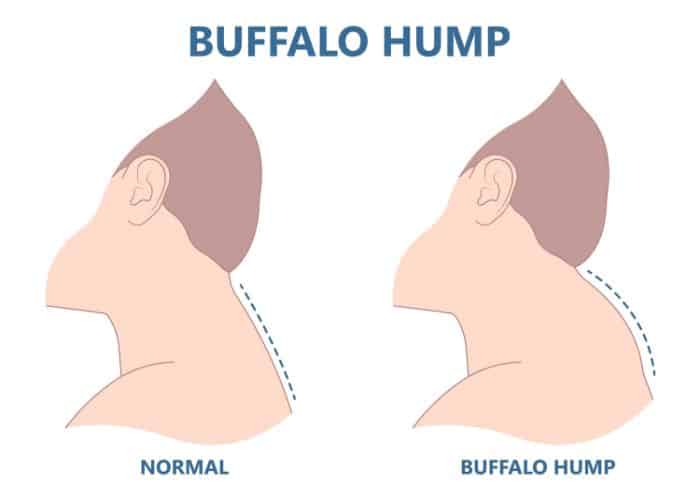Liposuction is a cosmetic procedure that removes fat cells from specific areas of the body. While it is not a weight loss solution, it can help contour the body and reduce stubborn pockets of fat. Many people wonder if weight loss is easier after liposuction, but the answer is not straightforward.
According to Mayo Clinic, liposuction permanently removes fat cells from the body, but it does not prevent weight gain in the future. If a person gains weight after liposuction, the remaining fat cells in the body can still expand, leading to weight gain in other areas. Therefore, it is important to maintain a healthy diet and exercise routine after the procedure to maintain the results. However, some people may find it easier to maintain their weight after liposuction because they are motivated by the results and feel more confident in their appearance.
It is important to note that liposuction is not a substitute for a healthy lifestyle. The procedure is intended for people who are already at or near their ideal weight but have stubborn areas of fat that are resistant to diet and exercise. Liposuction is not a weight loss solution and should not be used as a way to avoid healthy habits.
Contents
Understanding Liposuction

What is Liposuction?
Liposuction is a cosmetic surgical procedure that removes excess fat from specific areas of the body such as the abdomen, thighs, hips, buttocks, arms, and neck. It is not a weight loss procedure but rather a body contouring technique that can help reshape the body by removing stubborn pockets of fat that are resistant to diet and exercise.
Liposuction is typically performed under local anesthesia with sedation or general anesthesia. The surgeon makes small incisions in the skin and inserts a thin tube called a cannula to suction out the fat. There are several types of liposuction techniques, including traditional liposuction, tumescent liposuction, ultrasound-assisted liposuction, and laser-assisted liposuction.
How Liposuction Works
Liposuction permanently removes fat cells from the treated area, which means that if you gain weight after the procedure, the fat will be distributed differently throughout your body. The remaining fat cells in the treated area can still expand if you gain weight, so it is important to maintain a healthy lifestyle with regular exercise and a balanced diet to prevent weight gain.
It is important to note that liposuction is not a substitute for weight loss. It is best suited for people who are already at or near their ideal body weight but have stubborn areas of fat that are resistant to diet and exercise. Liposuction can help improve the contour and shape of the body, but it is not a solution for obesity or a way to lose large amounts of weight.
In summary, liposuction is a cosmetic surgical procedure that can help reshape the body by removing stubborn pockets of fat. It is not a weight loss procedure and is best suited for people who are already at or near their ideal body weight. It is important to maintain a healthy lifestyle with regular exercise and a balanced diet to prevent weight gain after liposuction.
Post-Liposuction Weight Loss
Liposuction is a cosmetic surgical procedure that removes excess fat from specific areas of the body, such as the abdomen, hips, thighs, arms, or neck. While liposuction can help reshape the body, it is not a weight-loss procedure. However, many people wonder if weight loss is easier after liposuction. In this section, we'll explore the role of liposuction in weight loss and factors that affect weight loss after liposuction.
The Role of Liposuction in Weight Loss
Liposuction removes fat cells from targeted areas of the body. However, it does not prevent the remaining fat cells from expanding if a person gains weight. Therefore, while liposuction can help a person achieve a more desirable body shape, it is not a solution for weight loss.
After liposuction, a person must maintain a healthy lifestyle to avoid gaining weight. This includes following a healthy diet and exercise routine. Liposuction can provide motivation for a person to maintain a healthy lifestyle, but it does not guarantee weight loss.
Factors Affecting Weight Loss After Liposuction

Several factors can affect weight loss after liposuction. These include:
- Age: Older individuals may have a harder time losing weight after liposuction.
- Genetics: Some people may be predisposed to gaining weight in certain areas of the body.
- Lifestyle: Maintaining a healthy diet and exercise routine is essential for weight loss after liposuction.
- Hormones: Hormonal imbalances can affect weight loss after liposuction.
It's important to note that liposuction does not change a person's metabolism or the way their body burns calories. Therefore, to achieve weight loss after liposuction, a person must burn more calories than they consume.
In conclusion, while liposuction can help a person achieve a more desirable body shape, it is not a weight-loss procedure. Weight loss after liposuction requires a person to maintain a healthy lifestyle, including a healthy diet and exercise routine.
Comparing Liposuction and Natural Weight Loss
Pros and Cons of Liposuction
Liposuction is a cosmetic surgical procedure that can remove fat from specific areas of the body. Here are some pros and cons of liposuction:
| Pros | Cons |
|---|---|
| Can remove stubborn fat that doesn't respond to diet and exercise | Expensive |
| Results are immediate | Recovery time can be several weeks |
| Can target specific areas of the body | Risks associated with surgery, such as infection and bleeding |
| Can provide a boost of confidence | Results are not permanent, and weight gain can reverse the effects |
Pros and Cons of Natural Weight Loss
Natural weight loss involves making lifestyle changes, such as eating a healthy diet and exercising regularly, to lose weight. Here are some pros and cons of natural weight loss:
| Pros | Cons |
|---|---|
| Can lead to long-term weight loss and improve overall health | Results may take longer to see |
| No surgery or recovery time required | Requires discipline and consistency |
| Can be more cost-effective | May not be effective for everyone |
| Results are typically permanent if healthy habits are maintained | Can be challenging to stick to a healthy lifestyle long-term |
It's important to note that liposuction is not a weight loss procedure and should not be used as a substitute for natural weight loss methods. Liposuction is best suited for individuals who are at or near their ideal weight but have specific areas of stubborn fat that do not respond to diet and exercise.
Natural weight loss, on the other hand, is a sustainable and healthy way to lose weight and improve overall health. While it may take longer to see results, the benefits of natural weight loss go beyond just physical appearance and can lead to a better quality of life.
In conclusion, both liposuction and natural weight loss have their pros and cons. It's important to consult with a medical professional to determine which option is best suited for your individual needs and goals.
Maintaining Weight After Liposuction
After undergoing liposuction, it is important to maintain a healthy lifestyle to ensure long-term results. While liposuction can remove stubborn pockets of fat, it is not a substitute for a healthy diet and regular exercise. In this section, we will discuss some tips for maintaining weight after liposuction.
Diet and Exercise
Maintaining a healthy diet and regular exercise routine is crucial for maintaining weight after liposuction. A balanced diet consisting of whole foods, lean proteins, and healthy fats can help keep the body in a healthy weight range. Incorporating regular exercise into your routine, such as strength training and cardiovascular exercise, can also help prevent weight gain after liposuction.
It is also important to note that spot reduction is not possible through diet and exercise alone. While targeted exercises can help tone and shape specific areas of the body, they cannot specifically target fat loss in those areas. Therefore, it is important to maintain a healthy overall body weight to prevent fat from accumulating in previously treated areas.
Lifestyle Changes

In addition to diet and exercise, there are other lifestyle changes that can help maintain weight after liposuction. These include:
- Drinking plenty of water to stay hydrated and flush out toxins
- Getting enough sleep to allow the body to recover and repair itself
- Managing stress levels through relaxation techniques such as meditation or yoga
- Avoiding smoking and excessive alcohol consumption, both of which can interfere with weight loss efforts
By incorporating these lifestyle changes into your routine, you can help maintain weight after liposuction and enjoy long-term results.
Conclusion
Liposuction is a popular cosmetic surgery that removes excess fat from the body. While it can help contour the body, it is not a weight loss solution. Liposuction removes fat cells, but it does not prevent them from returning if a healthy lifestyle is not maintained.
Some people may find it easier to lose weight after liposuction due to the psychological boost of seeing immediate results. However, it is important to note that liposuction is not a substitute for a healthy diet and exercise.
According to a review of studies on liposuction and weight loss, optimizing one's weight status may in turn optimize the aesthetic outcomes of liposuction. This is most apparent in the preferential reaccumulation of fat in certain areas after liposuction and the ability to avoid this with a negative energy balance. Therefore, maintaining a healthy weight through diet and exercise can help maintain the results of liposuction.
It is also important to note that liposuction has risks and potential complications, like any surgical procedure. These can include infection, bleeding, and anesthesia complications. Therefore, it is important to discuss the risks and benefits of liposuction with a qualified and experienced surgeon before deciding to undergo the procedure.
In summary, while liposuction may provide some psychological benefits and can help contour the body, it is not a weight loss solution. Maintaining a healthy lifestyle through diet and exercise is crucial for long-term results. Liposuction should only be considered after careful consideration of the risks and benefits with a qualified surgeon.






